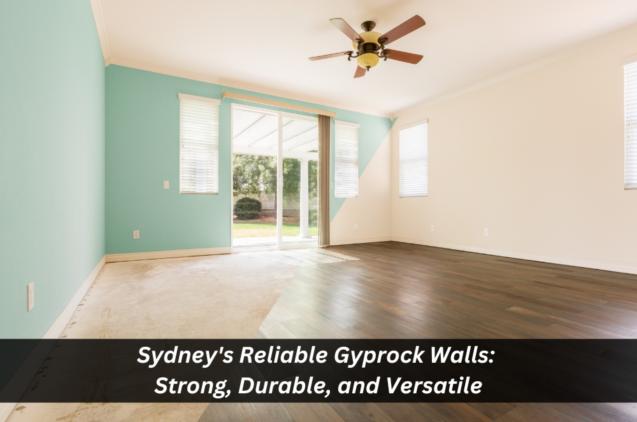
12 House Painting Tips That Will Reduce Your Risk of Fire
Home painting is a great way to improve its appearance and enhance its curb appeal. The benefits of painting include increased energy efficiency, improved indoor air quality, and reduced maintenance costs.
Here are 12 simple ways to ensure your next interior or exterior project goes smoothly:
1. Get a permit: In most states, homeowners must obtain a building permit before they start the painting process on their homes or living room. This type of regulation ensures that only local house painter contractors have access to private properties and that all necessary permits are up-to-date.
Most municipalities also require that workers wear protective gear such as safety shoes and gloves when working around electrical outlets, gas lines, or other hazards in order to prevent injury.
2. Read the fine print: Before you begin any work, read and understand the terms and conditions of any contracts you sign with a contractor. Ask questions if something doesn’t make sense. For example, ask why there is no guarantee against damage from water leakage for a certain period of time. Also, find out what happens if you don’t follow through with an agreed-upon schedule.
3. Protect yourself: Wear eye protection, including goggles, during the application process and throughout the duration of the job. Use a respirator whenever there is excess dust or debris present. Gloves should be worn at all times while working near open flame sources.
4. Keep a log: Document everything about your project, including materials used, date applied, weather conditions, and any problems encountered. A written record and attention to detail will help you keep track of all tasks and keep anyone else from committing similar mistakes.
5. Be aware of hidden dangers: Never leave combustibles exposed. Remove flammable items from trash cans or throw them away properly. Make sure fireplaces, wood stoves, space heaters, and other heating appliances are turned off and unplugged. Ready the fire extinguisher
6. Know your tools: Properly maintain your equipment so it works efficiently and safely. Have extra supplies handy, including cleaning solutions, paints, brushes, rollers, sandpaper, masking tape, caulking guns, sponges, and more. Bring a ladder when necessary. Avoid combustible material.
7. Get professional advice: Consult a professional painter who has experience tackling projects like yours before beginning any painting jobs. They can provide valuable tips for completing a successful project.
8. Research your options: There may be multiple ways to complete your project. Find out which method is best suited to your needs and budget. Consider using different colours of paint for accent walls or creating an entire wall mural.
9. Follow instructions carefully: When purchasing products, check labels to determine how long they last. Don’t exceed maximum recommended limits, especially when applying coatings to high-risk surfaces. Always use the proper amount of product per area required.
10. Check the owner’s manual: If you aren’t sure how to achieve a specific look, refer to the manufacturer’s guidelines. It’s important to know how to apply special finishes such as clear coats correctly; otherwise, they won’t blend well.
11. Don’t overdo it: While some areas might require several coats of paint, others can be finished with just one coat. Choose a colour based on the overall effect you want to create rather than trying to match a particular sample.
12. Clean up after yourself: Take care not to disturb the surrounding environment. Dispose of leftover waste in the right way. Avoid leaving nails or screws lying around. Afterwards, wash down the surface with warm water and soap or detergent.
Residential painting requires patience, skill, and knowledge of your local building codes. You need someone who possesses these qualities and can do a great job so that you can live comfortably in your home without worrying about fires or structural damage.



